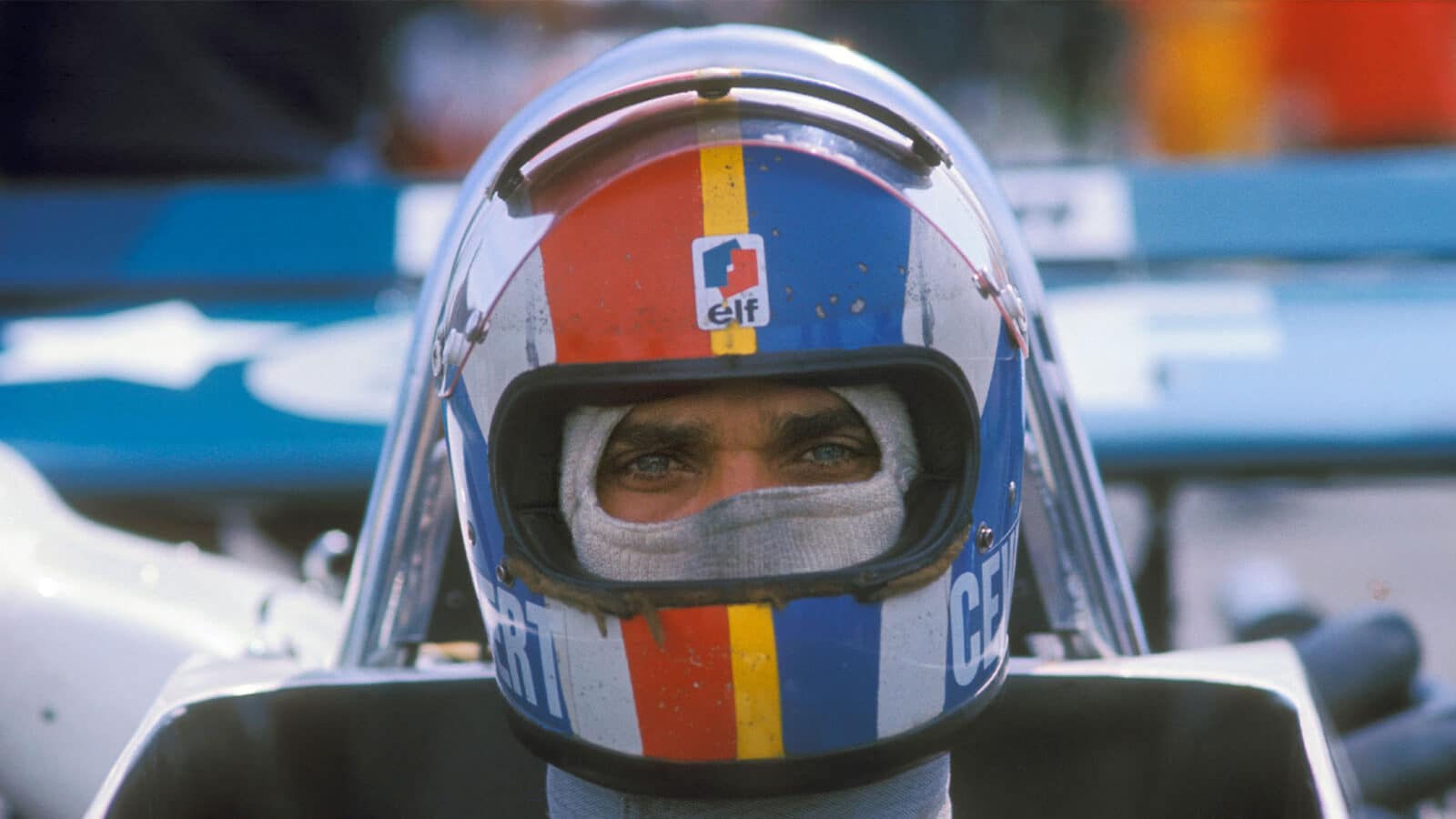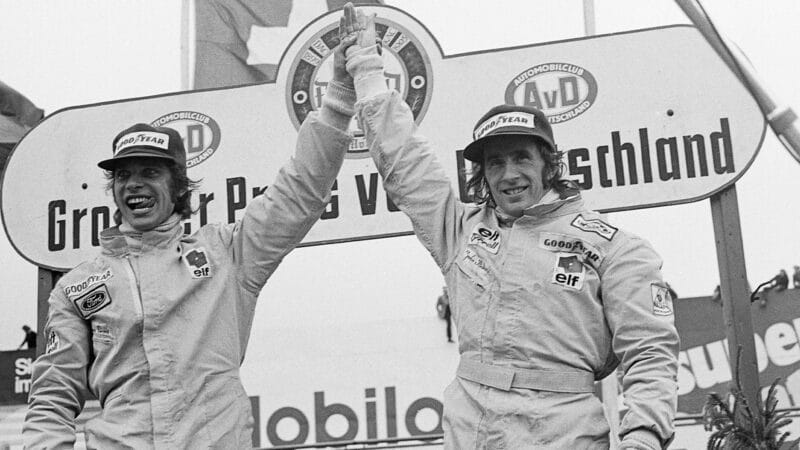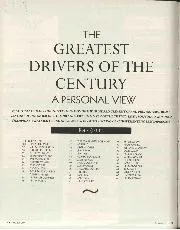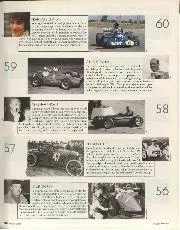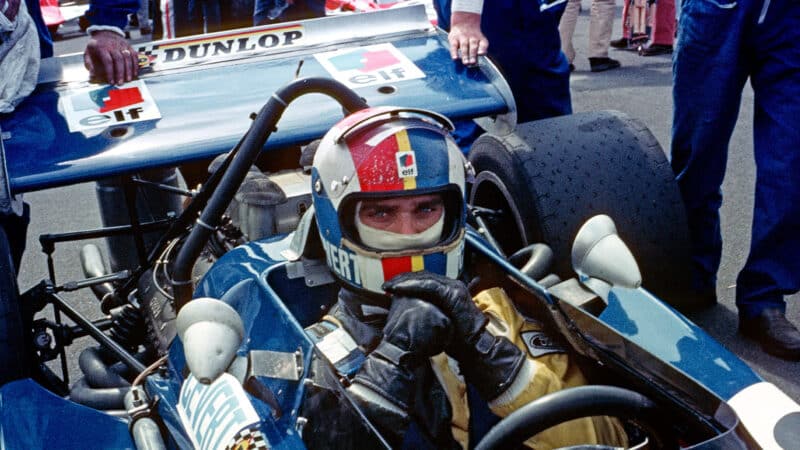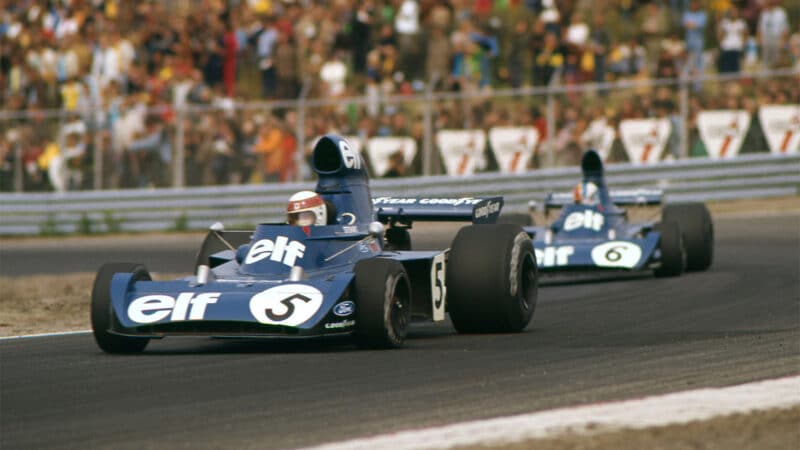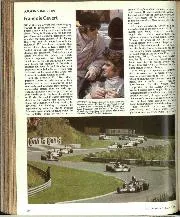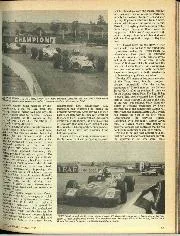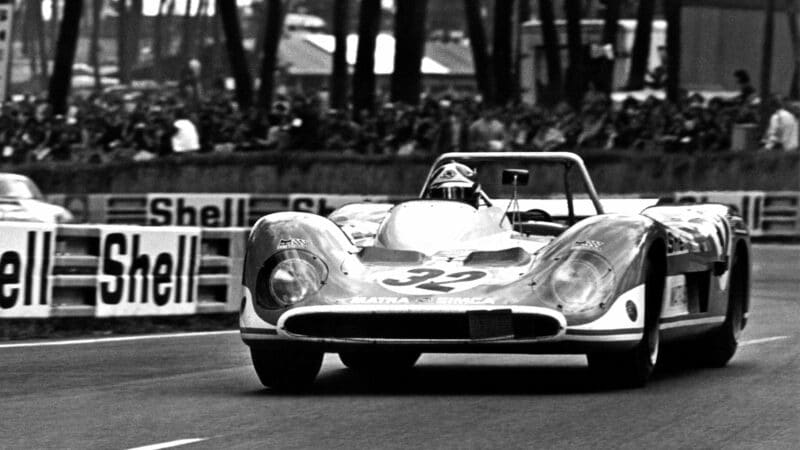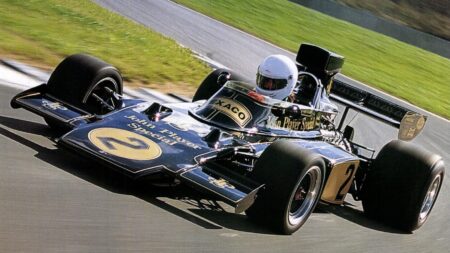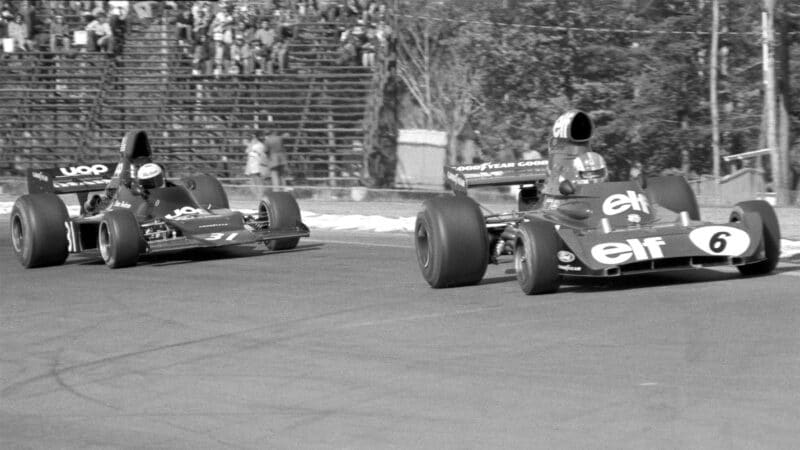There’s more. Back in 1966, when he had barely started his racing career, did Francois unwittingly make a date with destiny?
Back then, his girlfriend Nanou Van Melderen saw a clairvoyant. Seven years earlier, the same woman had told Nanou of a future relationship; when she met Francois, it all seemed to come true.
On this second visit the old woman claimed her loved one would be a huge success, but that his job would force them apart. Nanou told a sceptical Francois what she’d learned, and keen find out more, he insisted on seeing the old woman. Unaware of any connection with her previous client, the woman told Cevert exactly what she’d already spelled out to his girlfriend.
“It’s a true story,” says his sister Jacqueline today. “Nanou liked to see a medium. As a joke Francois decided to go. The woman said he will have great success, many good things will happen.”
But there was one startling revelation which came as news Cevert. Nanou had heard it too, but had preferred not to tell him.
“The woman stopped speaking,” says Jacqueline. “And she said Francois would not see his 30th birthday. He said, ‘No problem, I will be world champion before then.’ He laughed, because he did not believe this woman…”
On the day he died, Francois Cevert was 29 years old.
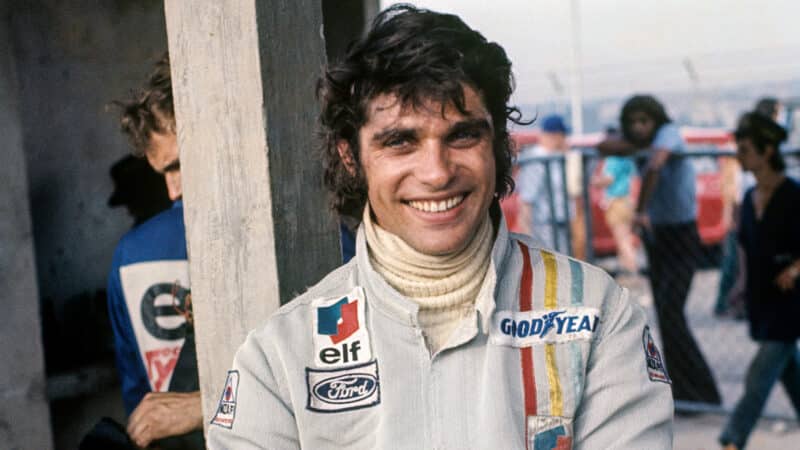
Dashing, and imbued with Gallic charm, François Cevert in 1973
Bernard Cahier/Getty Images
Tall and with looks that set female hearts racing, Cevert made an indelible impression on all who knew him. Friends remember him with great affection, and it’s fitting that, James Dean-like, he’s frozen in people’s minds as the youthful, dashing, blue-eyed charmer who doubled as a talented classical pianist.
Those who knew him best seem to speak with one voice. “He was one of the best friends I’ve ever had,” says Stewart, “and one of the nicest men I’ve ever known. He was one of the family.”
“Such a flamboyant and natural person,” recalls Ramirez. “It was impossible not to like him. He had a superb personality.”
“He was a very charming young man,” says his boss Ken Tyrrell. “He was very handsome, so the girls all loved him. He only had to flutter his eye lashes and the girls fell about.”
“He was a gentleman, courteous and intelligent,” remembers veteran journalist Jabby Crombac. “He had everything going for him. But young enthusiasts were jealous, because he was so handsome, from a rich family and he’d slept with Brigitte Bardot!”
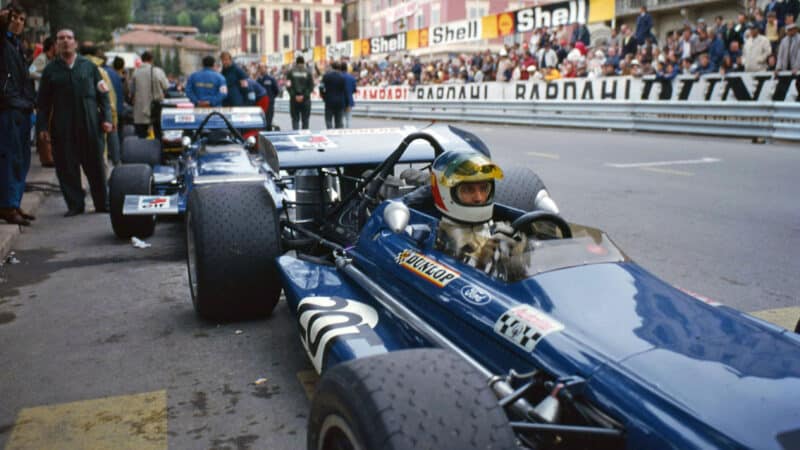
Cevert’s F1 record would total one win and ten podiums
Grand Prix Photo
Cevert’s most loyal supporter was younger sister Jacqueline, who strengthened her ties with the sport when she married his friend and rival Jean-Pierre Beltoise. Jacqueline was extremely close to her brother.
“He was very possessive,” she recalls. “When we were very young we were always together. I couldn’t speak to another boy. I couldn’t be alone, he was always looking after me. Even when I married Jean-Pierre, he was like that. He was jealous of Jean-Pierre. He said to me one day, ‘You don’t love me now you are married with Jean-Pierre, you stopped loving me!’ It was terrible…”
